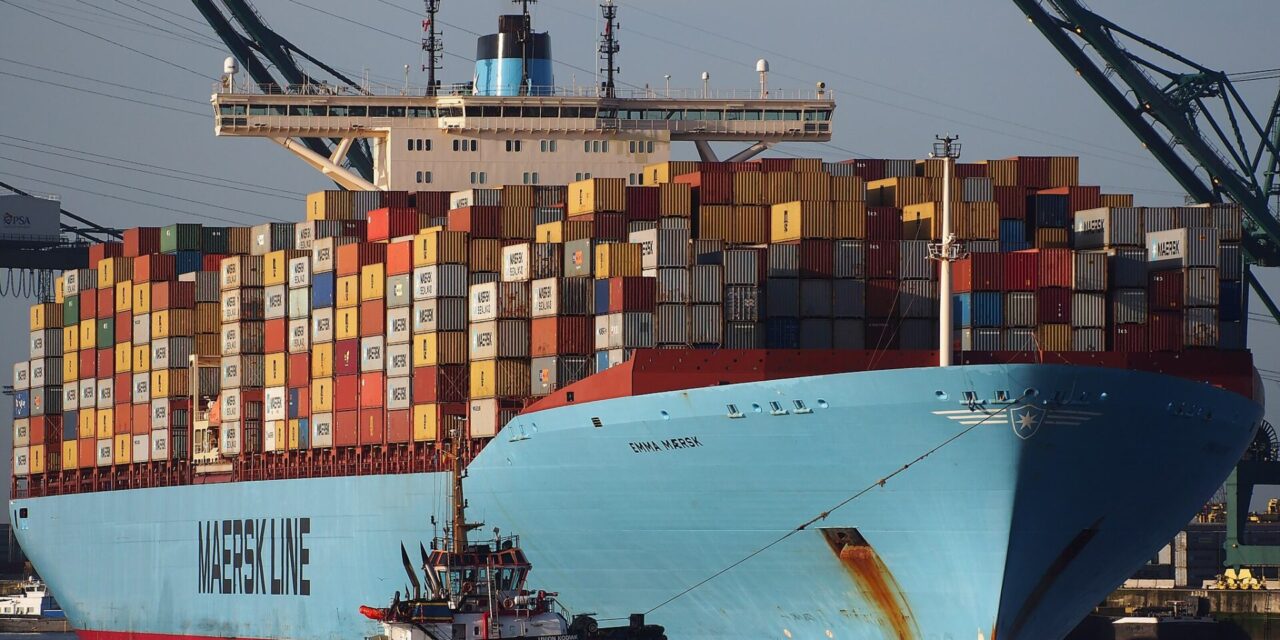Ongoing FTA negotiations will adversely impact farmers, fishers, patients, traders and impinge on a progressive digital industrialisation strategy
New Delhi, 9 December 2022
As the third round of negotiations for an ambitious Free Trade Agreement (FTA) between the European Union (EU) and India concluded here in New Delhi, the Forum for Trade Justice, a national network of more than 100 organisations has expressed concern that the FTA could have serious repercussions for India’s development and undermine livelihoods across multiple sectors.
The Forum membership represents farmers’ groups, trade unions, patient groups, traders, women’s rights organisations, academe and NGOs, which collectively voices people’s concerns related to trade and development.
Trade negotiations between the 27-member EU and India were restarted in July 2022. Apart from negotiations on a comprehensive FTA, parallel negotiations are going on for an investment protection agreement and on an agreement on Geographical Indications (GIs).
According to Yudhvir Singh, General Secretary, Bharatiya Kisan Union (Tikait), the negotiations on agriculture, dairy and fisheries are areas of major concern for Indian farmers. “For us, agriculture is our life, our heritage and the source of food and livelihoods. We do not wish to sell in EU markets and cannot meet the EU standards. But heavily subsidised products from the EU will take away our space in our own national market as well”. “The proposed FTA targets reduction or complete elimination of import duties in agricultural, dairy, meat, poultry and fisheries products and is likely to create serious threats for millions of Indian farmers, fishers and milk producers, many of whom are small-scale producers and many are women” said K V Biju, National Coordinator of the Rashtriya Kisan Mahasangh.
In addition, Indian farmers have traditionally used, saved and exchanged seeds freely for centuries. In spite of the domestic law – Protection of Plant Varieties and Farmers’ Rights Act that caters to the WTO agenda of IPR over seeds, in India the farmers’ rights to seed have been guaranteed. “Now the EU is attempting to force India to join UPOV 1991, an international convention, which protects seed companies’ rights over farmers’ rights. EU’s TRIPS-plus demands will also expand MNC control over agrochemicals. The resultant increase in the prices of pesticides and seeds will further raise the already massive costs of production for Indian farmers”, said Kannaiyan Subramaniam, General secretary, South Indian coordination committee of the farmers movements (SICCFM).
Access to medicines is another area of concern in this FTA. According to Leena Menghaney from the Access campaign of Medecins Sans Frontieres, “the proposed text on intellectual property by the EU includes an extension of the patent term (PTE) by five years, which will extend monopolies on new medicines and keep prices high for an extended period. New TB medicines, on which patents are expiring in the coming year could see extended monopolies. Another demand on IP for exclusivity on data (DE) submitted to the DCGI for up to 11 years could create new monopolies on even off-patent medicines blocking competition and encouraging unethical practices such as the repetition of costly clinical trials”.
The enforcement provisions under the IP chapter are expansive; these shift responsibility to the Indian government to protect MNC’s private IP rights, and brings in an even stronger configuration of the problematic border measures that triggered confiscation of Indian medicines meant for African countries by Netherlands on grounds of patent infringement. These measures had been challenged by India in the WTO. “It is interesting that several of these demands which were dropped by EU due to pressure from civil society, has now made a re-emergence and will devastate the access to medicine for vulnerable groups such as people living with HIV/AIDS, cancer, and so on” added Loon Gangte, Founder of the Delhi Network of Positive People (DNP+) and Regional Coordinator of the International Treatment Preparedness Coalition.
The EU has also made ambitious demands in the area of digital trade including on removing tariffs on e-transmissions, which will make India lose revenues it badly needs. “The EU also wants free cross-border data flows and the full opening of government data which will challenge India’s sovereign rights over its data and the policy space to use such data for the benefits of Indian communities, workers, small enterprises, start-ups, and so on. Making such concessions to the EU will also have implications for India’s security”, said Parminder Jeet Singh, Executive Director of IT for Change. Taking on commitments on digital trade will also mark a permanent shift in India’s trade policy stance on e-commerce at the WTO and in other FTAs. India has so far refrained from making any international commitments on digital trade in order to protect its policy space to design national digital sector policies in the future including on digital industrialisation.
The investment negotiations under a parallel track will allow the currently terminated Bilateral Investment Treaties (BITs) with the EU to be combined under a single agreement. The proposed text by the EU allows expansive rights for European investors and allows the MFN clause which enables investors to cherry pick from provisions across the BITS signed by India and apply the most favourable provisions to their cases. It also allows the investor-state-dispute-settlement (ISDS) mechanism which has already caused massive challenges for the Indian government’s policy space to protect the environment, public health, natural resources, as well as to freely apply government’s tax and other economic policies best suited to the country’s interests. In particular, the protection of natural resources, including minerals, and raw material will become difficult when faced with the combination of the investment agreement and the push to remove export taxes which will facilitate the extraction of Indian raw material by EU companies. In addition, the EU has also proposed a chapter on raw material and energy that bans subsidies to domestic producers and the setting of domestic prices of such products. This will limit the government’s ability to develop the domestic energy sector.
This FTA will pose a major departure in India’s trade policy in its scope and depth. India also needs to evaluate this FTA in the light of its experience with its past FTAs where it has failed to gain anything substantive, even in its supposed areas of offensive interest.
The Forum for Trade Justice asserts that India needs to immediately halt the negotiations and assess the impacts of EU’s demands on its economic and social realities. Even if India manages to dilute some of these demands from the EU, the end result will still be devastating for the Indian economy and society. In particular, India’s policy space to shape its seed policy, agriculture and food policy, raw material and energy policy, its digital economy policy, and development policies including ensuring access to medicines, vaccines and therapeutics and market access for small and marginalised producers, among others will be severely challenged.
The Forum urges that a process of broader consultations on trade rules and investment policies be institutionalised in India. State governments and all stakeholders need to be made part of arriving at a people-positive trade policy for the country going forward. While the Transparency Policy in the office of the DG Trade of the European Commission requires disclosure of all related EU texts before, during and after any trade negotiations; national and regional parliaments of EU member states also need to ratify the FTA before it comes into force. Though even the EU is now contemplating a fast-track approach. There is no procedure followed in India for discussion or ratification of a proposed FTA/BIT by both Houses of the Indian Parliament. Through social media it is known that business bodies, like CII have been consulted and are privy to the GoI’s positions. Gathering people’s perspectives will in fact help the government to take more nuanced and principled positions against the unreasonable demands from the EU side. Democracy should not be sacrificed on both sides.
The EU-India FTA is not in line with the kind of people-centred development that India urgently needs. In these times, post-Brexit, pandemic-hit economies with the Ukraine crisis looming, the EU needs this deal more than India does. Understanding this, our trade negotiators ought to better leverage the situation and make clear what is unacceptable on the trade and investment front.
FTAs with weak substance, coupled with an undemocratic process will have no social backing.
—
For more information, please contact:
- Yudhvir Singh, 9899435968
- Kannaiyan Subramaniam, 94449 89543
- K V Biju, 98713 68252
- Parminder Jeet Singh, 9845949445
- Leena Menghaney, 98113 65412
- Ranja Sengupta, 9811368168
- Shalini Bhutani, 9810433076





![[IN PHOTOS] In Defense of Human Rights and Dignity Movement (iDEFEND) Mobilization on the fourth State of the Nation Address (SONA) of Ferdinand Marcos, Jr.](https://focusweb.org/wp-content/uploads/2025/07/1-150x150.jpg)



